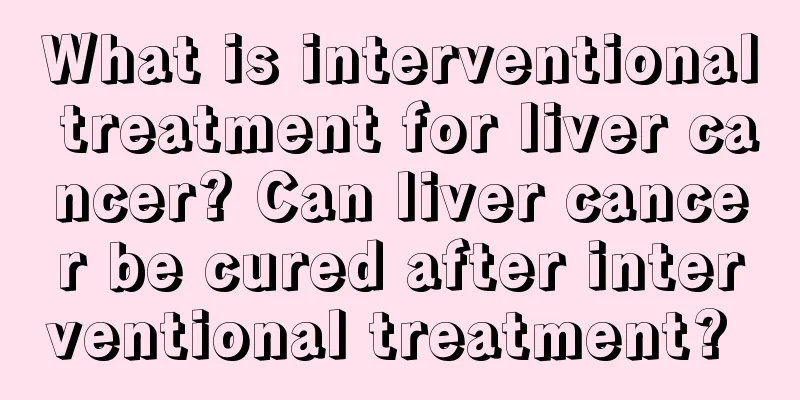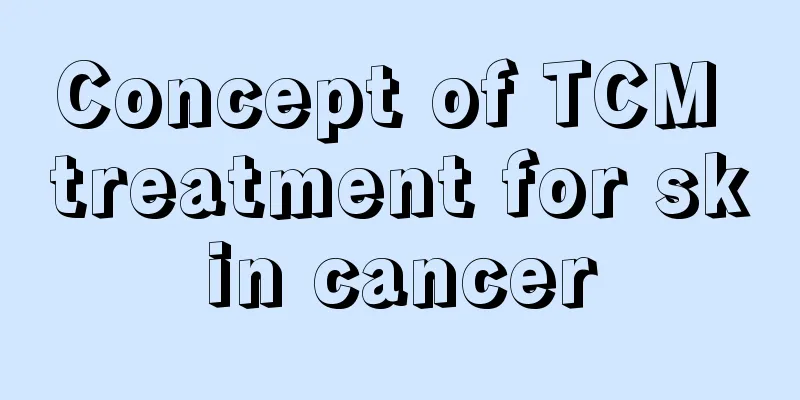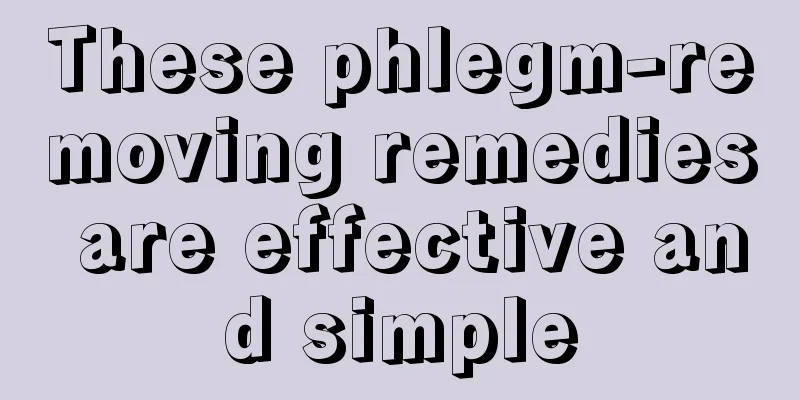What is interventional treatment for liver cancer? Can liver cancer be cured after interventional treatment?

|
What is interventional treatment for liver cancer? Interventional treatment for liver cancer, also known as interventional treatment for liver cancer, is a minimally invasive treatment method that uses a tiny channel with a diameter of several millimeters on the blood vessels or skin, or through the original channels of the human body, to treat the lesion locally under the guidance of imaging equipment (angiography, fluoroscopy, CT, MR, B-ultrasound) without exposing the lesion through surgery. Interventional treatment of liver cancer refers to a type of regional chemotherapy in which anticancer drugs or embolic agents are injected into the hepatic artery via femoral artery catheterization. It is the preferred method for non-laparotomy treatment of liver cancer, and its efficacy has been confirmed. Treatment In liver cancer, vascular interventional therapy is the most widely used clinically. It mainly includes selective hepatic artery perfusion therapy, selective hepatic artery embolization, and selective hepatic artery chemoembolization. Its main physiological basis is that 20%-25% of the blood supply of normal liver cells comes from the hepatic artery, and 75%-85% comes from the portal vein. While 90%-95% of the blood supply of primary liver cancer comes from the hepatic artery, which provides an anatomical basis for vascular interventional treatment of liver cancer tumors. The specific technical methods of the three are the same, that is, a small incision of about 3-5 mm is punctured on the skin, a catheter is inserted from the artery to the liver cancer blood supply artery, and then the drug is administered through the catheter. The difference lies in the different drugs given. Selective hepatic arterial infusion (TAI) therapy The drug is infused into the artery through a catheter at a dose equal to or less than that of intravenous administration. This can increase the local drug concentration in the target cells and prolong the contact time between the drug and the lesion, and reduce the total drug dose in the body, so as to achieve the purpose of improving the efficacy and reducing side effects. Chemotherapy drugs are commonly used. The efficacy of chemotherapy drugs is positively correlated with the effective blood concentration of the drug at the tumor site and the contact time between the drug and the tumor. Selective hepatic artery embolization (TAE) The embolic agent is selectively injected into the tumor blood vessels and tumor blood supply arteries through a catheter to block the tumor blood supply and seal the tumor vascular bed, thereby inhibiting tumor growth. This is equivalent to "starving" the tumor to death. Commonly used embolic agents include gelatin sponge, super-liquidized iodized oil, sodium alginate microspheres, etc. Transcatheter arterial chemoembolization (TACE) is a method of administering both chemotherapy drugs and embolic agents through a catheter, destroying the tumor in two ways. Indications According to the NCCN American Cancer Treatment Guidelines, interventional therapy has been recognized as the first choice for treatment of advanced liver cancer. Local targeted drug perfusion, tumor vascular embolization and argon-helium cryoablation are used to kill tumor cells in a concentrated manner, minimize tumor load (reduce the number and volume of malignant tumors), and combined with CIK cell adoptive immunotherapy and anti-tumor angiogenesis drugs, good clinical treatment effects have been achieved, effectively improving the quality of life of patients and prolonging their survival time. It can also reverse the liver cancer stage of some patients and convert unresectable liver cancer cases into resectable liver cancer cases. |
<<: What are the advanced symptoms of lung cancer? 6 advanced symptoms of lung cancer
Recommend
What causes brain cancer?
The causes of brain tumors are not very clear. Mo...
Exercise methods for esophageal cancer
Esophageal cancer patients should do some exercis...
Athletes' three meals recipe
Everyone knows that athletes in this special prof...
How long can you live without chemotherapy in the middle stage of colorectal cancer
The survival period of colorectal cancer is deter...
Why is there a whirring sound in the chest when I turn my body?
Perhaps everyone has had this feeling, that is, t...
What are the meridian health-preserving methods
With the continuous improvement of social life, m...
Does malt water reduce milk production?
The health of the baby is a problem that mothers ...
What to do if the flesh inside the tooth hurts
Many people always feel pain in the flesh inside ...
How to take good care of breast cancer patients
As the pace of life accelerates, people are under...
The difference between cooking wine and rice wine, 6 ways to teach you how to distinguish
In our daily life, we often see cooking wine and ...
How much does it cost to have surgery for an ovarian tumor?
Ovarian tumors are a common malignant tumor in wo...
Why do I grow fat on my belly
With the continuous improvement of living standar...
How to treat xanthomas that affect appearance?
In daily life, some people may find yellow lumps ...
How to treat oily face
The weather is getting hotter and hotter. We swea...
Warm-up exercises before morning jogging
Morning jogging helps us improve our body's r...









